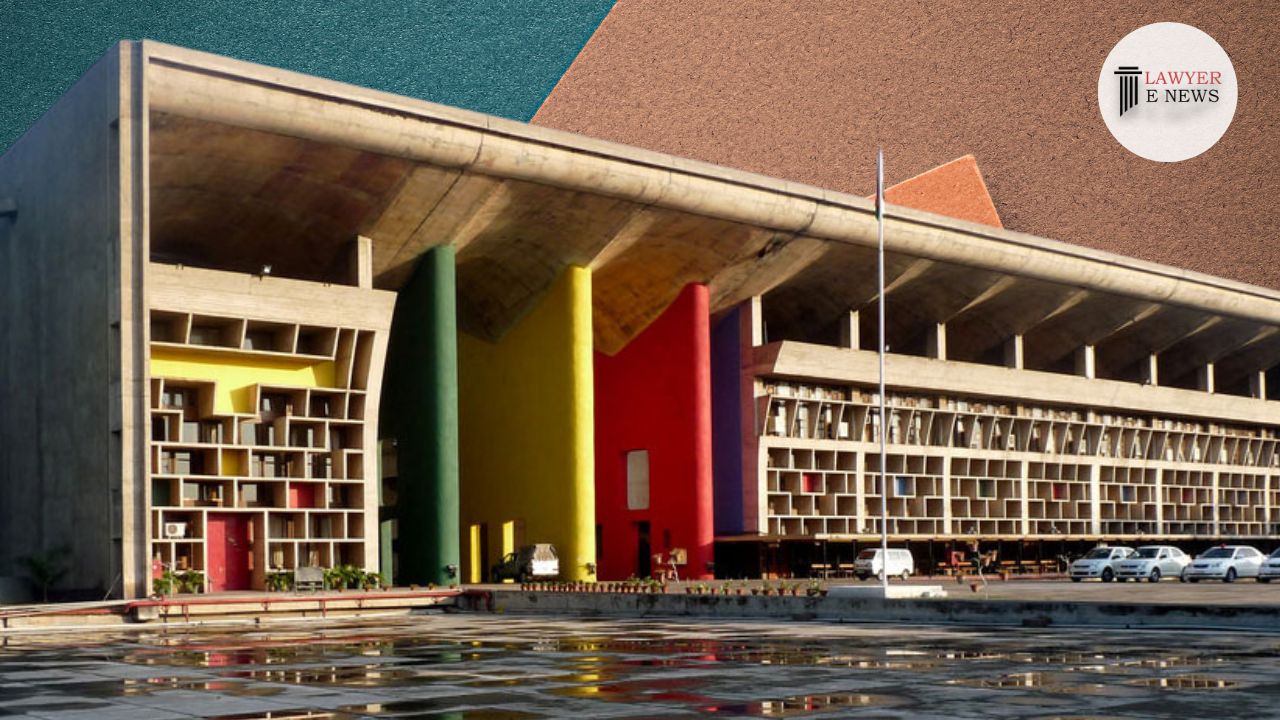-
by sayum
14 February 2026 2:22 PM



In a significant judgment delivered by the Punjab and Haryana High Court, Justice Alka Sarin dismissed a regular second appeal in the case concerning the partition of property. The appeal challenged the decisions of both the Trial Court and the First Appellate Court, which had passed a preliminary decree for the partition of property.
The case, identified as RSA-3009-2019, involved a dispute over a property measuring 3 kanals 16 marlas. The appellants contested the preliminary decree on the grounds of an alleged mutual settlement that purportedly excluded them from the ownership of the disputed property and argued that the suit was flawed due to a partial partition. These claims were, however, not substantiated with credible evidence throughout the course of the legal proceedings.
The plaintiffs, in this case, sought a partition asserting their respective shares in the property, which had not been previously partitioned. The defendants (appellants in the high court) countered by claiming an exclusive possession based on a mutual settlement dating back to 1952. Despite these assertions, no convincing evidence was presented to prove the alleged settlement or to challenge the co-ownership and entitlements of the plaintiffs as outlined in the lower courts’ rulings.
Co-ownership and Entitlement: The court reiterated findings from the lower courts that the plaintiffs were co-owners and entitled to their shares in the property.
Rejection of Mutual Settlement Claim: Justice Sarin pointed out that the document marked D1, relied upon by the appellants to prove the mutual settlement, was not proven in accordance with legal standards. The appellants failed to present any evidence supporting their claim that an alternative property was allocated to the predecessors of the plaintiffs.
Partial Partition Argument: The argument concerning the partial partition was dismissed as it had not been raised in earlier proceedings nor adequately pressed during the appeals. Justice Sarin noted that such claims should have been substantiated and presented earlier in the process.
Decision and Conclusion: Concluding her judgment, Justice Sarin affirmed that the appeal raised no substantial question of law and hence lacked merit. The appeal was dismissed, upholding the preliminary decrees of the lower courts. All pending applications related to the case were also disposed of.
Date of Decision: April 29, 2024
Hawa Singh & Ors. vs. Ravinder & Ors.
